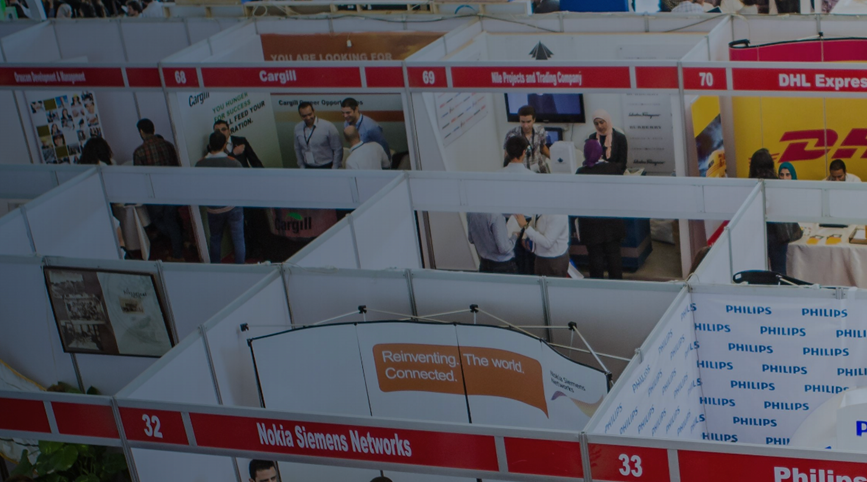
History Hash Outs — Languages of Socialism: Caste and Democracy in Postcolonial India
Join Niharika Yadav of Macalester College, as she examines how Marathi and Hindi public spheres reimagined democratic socialism in postcolonial India, weaving together social theory, literature and mass movements.








